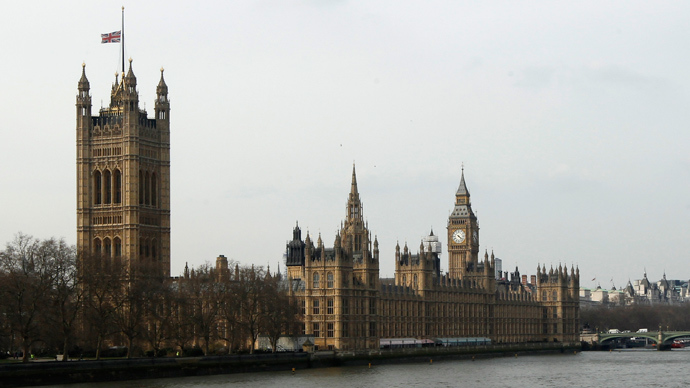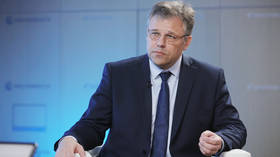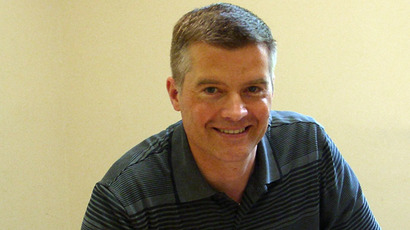‘Zombie parliament:’ British MPs set for 223 days off work in 2014
The British House of Commons will sit for just 142 days this year, that’s 223 days off. During their time away from the parliament MPs claim they are working hard in their constituencies but this is not always the case.
MPs have just started a 19 day early summer holiday, right after they had an 18 day Easter break, RT’s Sara Firth reports. They’ll then sit for seven weeks before a six week fully paid summer holiday. And if that’s not enough they get a month off in the autumn for party conferences.
The parliamentary press office told RT that there is no rigid figure for how long parliament sits, and will sit for as long as it’s required to do so.
“If their using their time to help their constituents fine, but if they’re off making money in the city then maybe not,” a Londoner told RT.
Even when MPs are sitting and debates go on late into the evening, actual work loads are not as much as people may think.
“There’s an enormous amount of spare time if you are reasonably efficient. There might be a vote at 7pm and another at 10pm, but as long as you are sitting around nearby, you have time to do other things,” one MP told the Independent.
This is what allows government ministers to carryout parliamentary duties and backbenchers to double up as barristers, doctors and company directors. While others write books or regularly appear on television. MPs apparently wish each other a good weekend as they are leaving on Wednesday night.

Andrew Landsley, leader of the House of Commons, recently urged MPs to focus on their voters and not on their second jobs. While Margaret Hodge, chair of the Public Accounts Committee, warned that MPs working habits were causing a “democratic vacuum” and gave the impression that Britain’s politicians are lazy.
MPs often argue that relatively they are not well paid and so need second jobs. But in reality they are among the top three percent of earners in the country and that’s without all their expenses and solid pension schemes.
It is also doubtful whether some MPs, especially those lucky enough to sit on a comfortable majority, would be able to earn the same wages or even cut it in the far more competitive environments in the private sector.
In contrast, most people in the UK are having to work more and more hours to keep themselves afloat and normally holiday paid allowance is just 28 days.
“There are so many jobs and if you think about the economy at the moment everyone’s working doubly hard, so of course we wonder if they’re having too much time off,” a Londoner told RT.
A 2011 survey found that UK employees work the third longest hours in the EU, and this was partly due to the prevalence of lowly paid, part time jobs in Britain where many workers are forced to work overtime to make ends meet.













